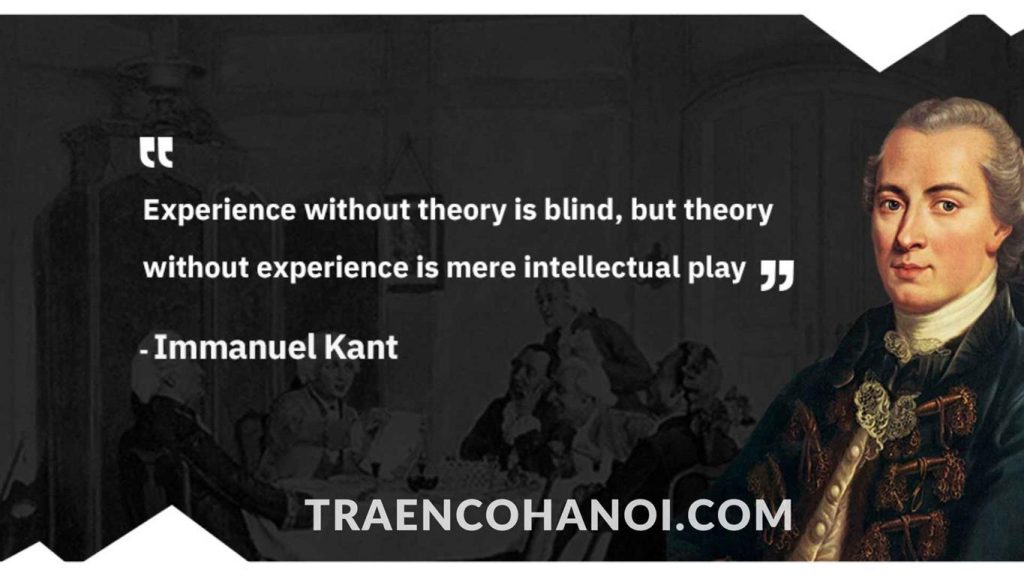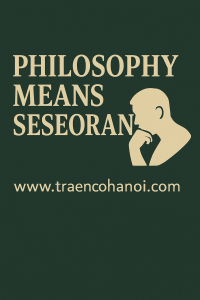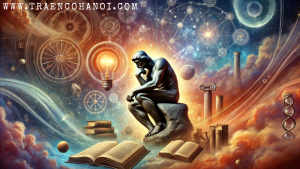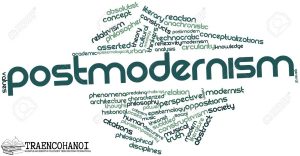
immanuel kant
Introduction Immanuel Kant
Immanuel Kant, an 18th-century German philosopher, has long been considered one of the most influential figures in Western philosophy. His works primarily focus on epistemology, ethics, and aesthetics, shaping the intellectual discourse of the modern world. This article aims to shed light on the essentials of Kantian philosophy and how it continues to impact the study of philosophy.
Early Life and Education of Immanuel Kant
Born in 1724 in Königsberg, East Prussia (now Kaliningrad, Russia),But Kant grew up in a Pietist household. His early education emphasized religious devotion and strict discipline.
Copernican Revolution
Kant reconciled these viewpoints through his revolutionary concept of the “transcendental subject.” According to him,But the mind plays an active role in shaping and structuring experience. We never have direct access to the ‘thing-in-itself,’ but we can understand the world through the categories and concepts that our mind imposes on it.
Categorical Imperative
Kant’s ethical theory revolves around the concept of the “categorical imperative,” a universal moral law that applies to all rational beings.But The categorical imperative instructs us to act according to principles that could be universally applied. In simple terms, if you wouldn’t want everyone to act in a particular way, then you shouldn’t act that way yourself.
Aesthetics and the Sublime
Kant’s contributions to aesthetics revolve around the concept of the “sublime,” an overwhelming sense of awe or wonder.
Legacy and Influence
Kant’s influence is far-reaching,while affecting disciplines ranging from political theory to cognitive science. His ideas have laid the groundwork for contemporary thought in epistemology, ethics, and aesthetics. Thinkers philosophers like Georg Wilhelm Friedrich Hegel, Friedrich Nietzsche, and Jean-Paul Sartre have all been profoundly influenced by Kantian philosophy.
Conclusion Immanuel Kant
But The philosophy of Immanuel Kant remains an integral part of the philosophical canon. His theories offer insights into the relationship between the mind and the world, the nature of moral obligation, and the power of the sublime. As one delves deeper into the world of Kant, it becomes clear that his ideas are not just abstract concepts but practical tools for understanding the complexities of human existence.







